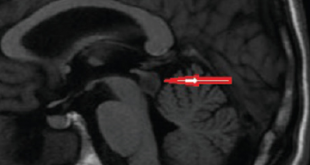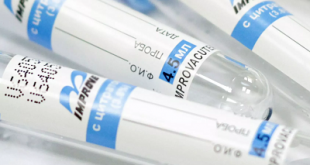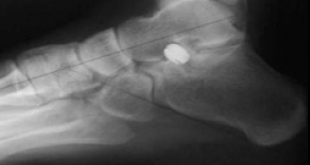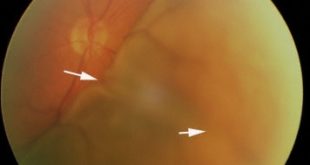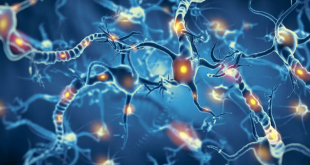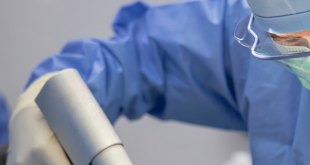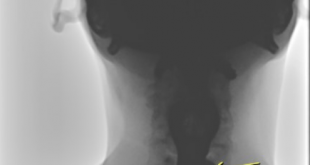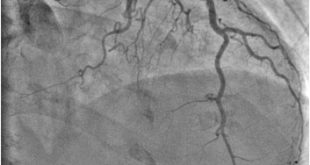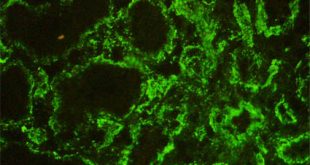Tectal Glioma is tumor of the brain stem that is low grade and slow-growing. It is mostly found in the roof of the skull. The brain stem is responsible for controlling fundamental aspects of the body, including respiration, heart rate, and blood pressure. Gliomas in grades 1 and 2 are …
Read More »Iatrogenic Anemia Symptoms, Causes, Diagnosis, Treatment
Iatrogenic disease is an illness that results from medical intervention. When a patient goes through any kind of medical procedure, there is always some level of risk of developing such anemia. It is important to assess the potential danger against the potential reward. Iatrogenic disorders cover a very broad variety …
Read More »Subtalar Arthroereisis Procedure, Recovery Time, Complications, Contraindications
Subtalar Arthroereisis is a surgical technique that is aimed to correct a dynamic flatfoot abnormality, often known as pes planovalgus. By putting an implant into the subtalar joint, it is possible to control the eversion of the hindfoot. Pes Plano valgus is the clinical term for an abnormal foot that …
Read More »Choroidal Folds Symptoms, Causes, Diagnosis, Treatment
The thick layer of blood vessels and pigmented cells that cover the back of the eyeball, dividing it into two halves, is known as the choroid. To put it another way, it resembles the body of a wine glass because it is one of three parts of the uveal tract. There …
Read More »Cerebellar Cognitive Affective Syndrome Symptoms, Prognosis, Test, Treatment
Schmahmann’s syndrome is another term for Cerebellar Cognitive Affective Syndrome. CCAS (Cerebellar Cognitive Affective Syndrome) causes executive, visual-spatial, and language difficulties, as well as emotional blunting, sadness, disinhibition, and psychotic characteristics. People who have CCAS often have significant problems with their ability to regulate their emotions, particularly when the lesions …
Read More »Ludloff Osteotomy Indications, Complications, Technique
The Ludloff osteotomy is one of the surgical procedures that is performed to address a mild to severe hallux valgus abnormality. When examined in the sagittal plane, it appears as an oblique osteotomy of the first metatarsal. It was first explained by Dr. Ludloff in 1918. In this procedure, the first metatarsal …
Read More »Killian Jamieson Diverticulum Symptoms, Location, Causes, Diagnosis, Treatment
The Killian-Jamieson diverticulum was first identified in 1983 by Ekberg and colleagues. It is located in the anterior wall of the cervical esophagus, distal to the cricopharyngeal muscle, and it can be diagnosed by endoscopy. Uncertain pathogenesis characterizes this unusual esophageal diverticulum. In the cervical esophagus, Killian Jamieson’s Diverticulum arises …
Read More »Panner’s disease Symptoms, Causes, Diagnosis, Treatment
A condition known as Panner disease affects the humeral head (upper arm bone). The lower arm is made up of the radius and the ulna. The flattening of the humeral end where it connects with the radius is known as panner disease. This region is known as the capitellum. Panner’s …
Read More »Kounis Syndrome Symptoms, ECG, Diagnosis, Causes, Treatment
Kounis syndrome, also known as allergic angina, is a collection of coronary symptoms, including concomitant chest pain, brought on by mast cell mobilization as a result of sensitivity or a strong immunological reaction to a chemical or combination of drugs. The Kounis syndrome is quite uncommon. This disorder is defined as …
Read More »Pauci Immune Glomerular Nephritis Symptoms, Causes, Treatment
Rapidly progressing glomerulonephritis, or RPGN, is another name for pauci immune glomerulonephritis. It is a sickness involving the kidney and is defined by the rapid decrease of renal function. In situations with at least fifty percent or seventy-five percent of glomeruli, a crescent-shaped glomerular structure is also observable. Kidney biopsies …
Read More » Health & Care Information
Health & Care Information
